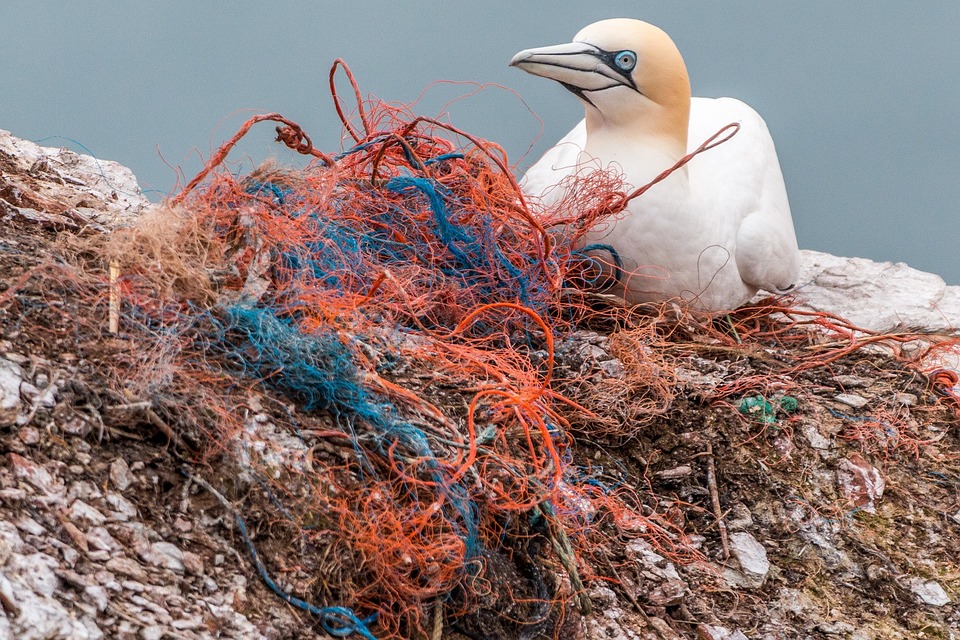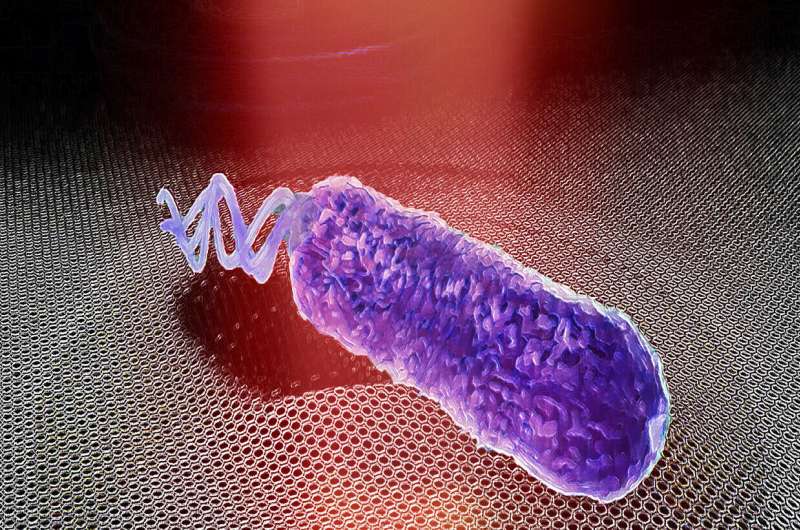Unveiling a New Aspect of Memory
Recent groundbreaking research has unveiled a surprising aspect of human memory: our brains create three distinct copies of each memory. This discovery, made by scientists at the University of Basel, challenges our previous understanding of how memories are formed and stored.
Observing Memory Formation in Mice
Researchers used brain imaging on mice to observe the process of memory formation and discovered that when a new memory is created, the rodents’ brains activate three distinct sets of neurons to encode it. Consequently, this process reveals the complexity of memory storage.
The hippocampus, a brain region crucial for learning and memory, is the stage for this intricate memory-making process. Researchers found that different groups of neurons within this region store parallel versions of the same memory. Each copy serves a specific purpose, allowing the brain to balance the need for long-term recall with the flexibility to adapt to new information.
Different Types of Memory Copies
One copy, formed by early-born neurons, is designed for long-term storage. Although initially weak, it gradually strengthens over time and becomes resistant to change. Conversely, late-born neurons create a memory copy that is initially solid but fades over time, allowing for more recent experiences to be readily updated and modified. Meanwhile, a third group of neurons, developing between these two extremes, creates a more stable, medium-term memory copy.
Implications for Future Research
This multi-layered approach to memory storage demonstrates the brain’s incredible plasticity and capacity. By understanding how these multiple memory copies interact, scientists aim to develop new strategies for treating memory disorders. They also hope to enhance memory and potentially access memories previously thought lost.
Overall, this discovery opens up exciting possibilities for future research and could revolutionize our understanding of the human mind.
Nidhi is a gold medalist Post Graduate in Atmospheric and Oceanic Sciences.







